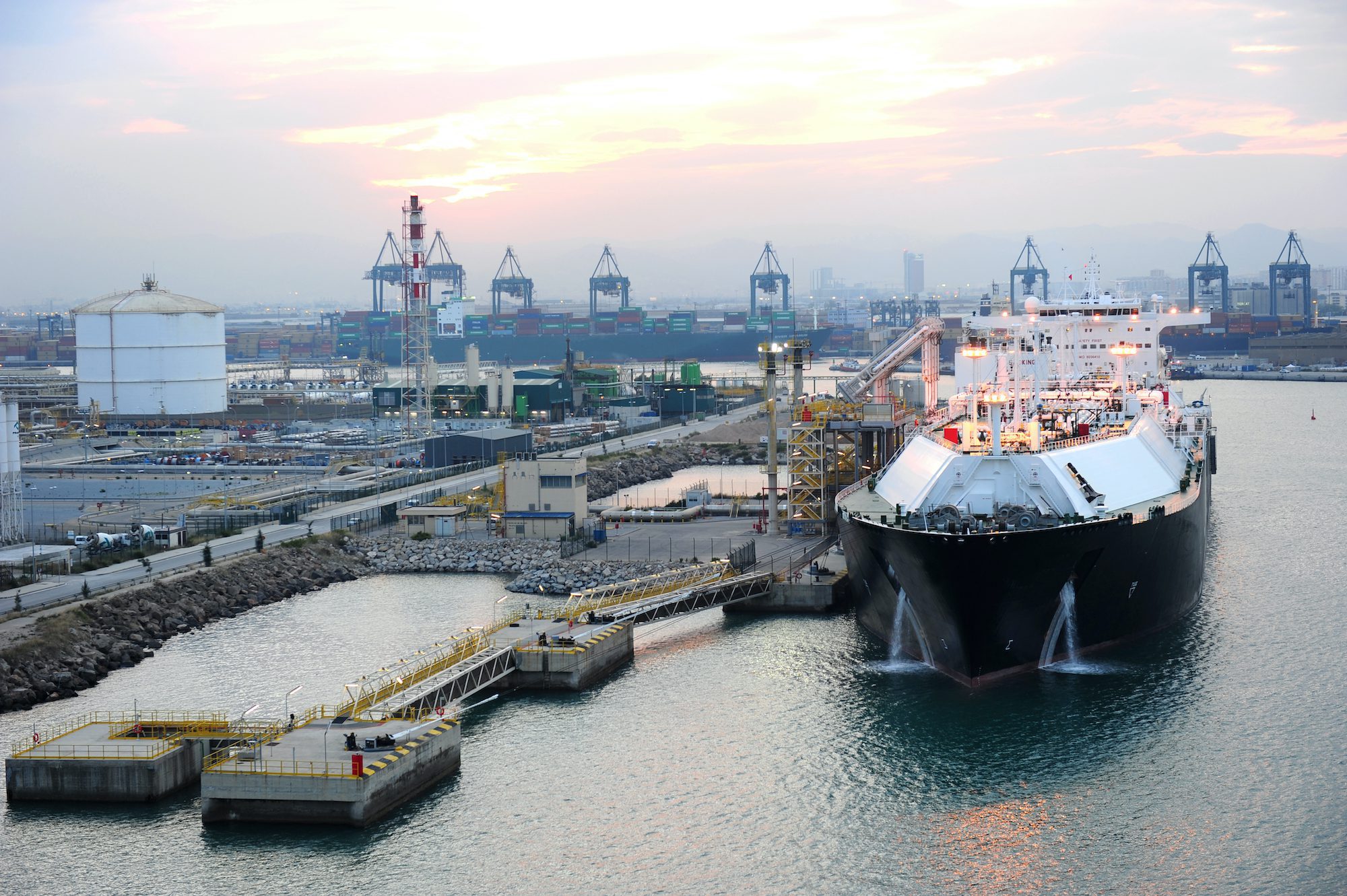EU Imposes First-Ever Sanctions on Russian LNG
The European Union has announced its first-ever sanctions targeting Russian liquefied natural gas (LNG), proposing a full ban on imports by January 2027 as part of its 19th sanctions package against Russia.

The European Union unveiled its 19th package of sanctions against Russia on September 19, 2025, marking a historic shift by including, for the first time, a full prohibition on Russian liquefied natural gas (LNG) imports into European markets. The move is part of a broader effort to cut off key revenue streams sustaining Russia’s war economy, following months of escalating conflict and repeated attacks on Ukraine and EU territory.
Details of the Sanctions Package
European Commission President Ursula von der Leyen announced that the new measures will ban Russian LNG imports by January 2027, targeting the energy sector that remains Russia’s primary source of income for financing its military operations. The package also includes a full transaction ban on major Russian energy companies Rosneft and Gazpromneft, asset freezes on refineries and oil traders in third countries, and expanded sanctions on Russia’s so-called shadow fleet of tankers. In total, 118 additional vessels have been listed for sanctions, and the EU has lowered the crude oil price cap to $47.6 USD to further restrict Russian revenues.
The sanctions extend beyond energy, with new restrictions on Russian banks, crypto networks, and entities in special economic zones linked to the Ukraine war. Export controls on military-linked items, including drones, and designations of 45 companies subject to export restrictions are also part of the package. The European Commission emphasized that these measures are designed to deprive Moscow of the means to continue its aggression and to protect the security of the continent.
International Coordination and Local Impact
The announcement follows calls from the United States for tougher measures and coordination among G7 and NATO allies. U.S. President Donald Trump urged European partners to halt remaining purchases of Russian oil and suggested imposing duties on countries facilitating Russia’s energy exports. The EU’s decision to accelerate the phase-out of Russian fossil fuels, now planned for completion by January 2028, reflects growing transatlantic pressure to weaken Russia’s economy.
Despite the new sanctions, some EU member states, notably Hungary and Slovakia, remain heavily dependent on Russian energy, with Hungary importing about 60 percent of its oil and Slovakia relying on Russia for roughly 75 percent of its energy needs. Former Munich Security Conference Chairman Christoph Heusgen has called for increased pressure on these countries to reduce their reliance on Russian supplies.
Reactions and Next Steps
Ukraine has welcomed the proposed sanctions, with Foreign Minister Andrii Sybiha urging swift adoption to deprive Russia of resources for the conflict. The package will require unanimous approval from all 27 EU member states before it can be implemented. Russian officials have downplayed the impact, with Foreign Ministry Spokesperson Maria Zakharova dismissing the measures as ineffective and warning that the EU’s push to abandon Russian energy could backfire.
The EU’s latest sanctions package signals a significant escalation in its efforts to isolate Russia economically and support Ukraine, with a clear message that pressure will continue until Russia ends its war. The bloc’s strategy now includes targeting entities in third countries that facilitate Russian energy exports, reflecting a growing willingness to disrupt international trade flows and enforce compliance with its sanctions regime.
Sources
-
European External Action... Statement by President von der Leyen on the 19th p...
-
European External Action... Statement by the High Representative/Vice-Presiden...
-
Global Sanctions EU Commission announces details of 19th Russia san...
-
Xinhua EU unveils tougher sanctions package against Russi...
-
S&P Global EU targets foreign refiners, Russian energy compan...